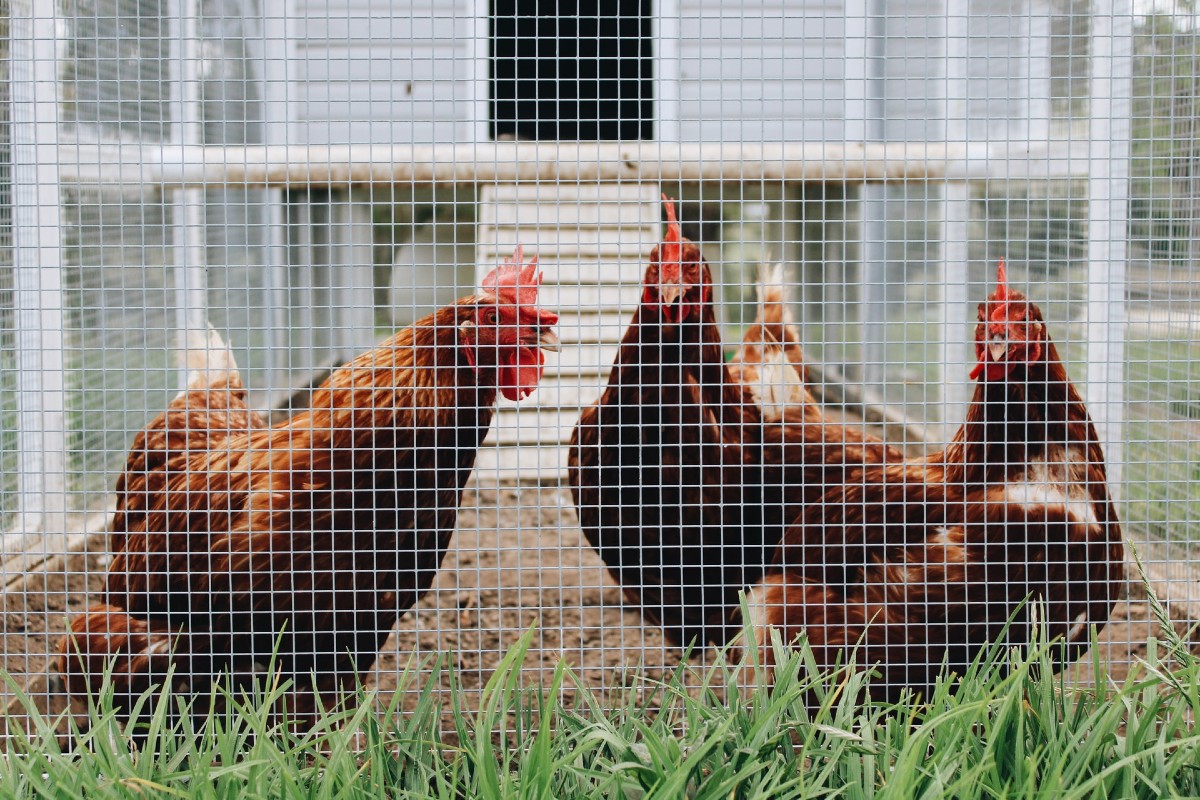
By Andy Brack, editor and publisher | When the fox guards the henhouse, the fox pretty much can do as it pleases.
 That’s what is bothersome about state lawmakers redrawing the lines of the districts they represent. Despite what’s ahead — months of tedious meetings, court challenges and complicated processes — the results are already rigged to favor the very people who are managing the whole shooting match. They don’t want the chickens in control.
That’s what is bothersome about state lawmakers redrawing the lines of the districts they represent. Despite what’s ahead — months of tedious meetings, court challenges and complicated processes — the results are already rigged to favor the very people who are managing the whole shooting match. They don’t want the chickens in control.
What really needs to happen is the opposite of incumbency protection. To produce a fair reapportionment as envisioned by the U.S. Constitution every 10 years, the chickens need to be in charge through a redistricting commission that is independent of the legislature. But if you believe that’s going to happen anytime soon, let me sell you a seat on a rocketship.
So with a nod to the state’s past three cozy efforts on legislative redistricting, let’s just say we’re wary of what’s surely coming — backroom deals, nods and winks among incumbents to protect what they’ve got so they can win re-election.
It’s understandable — who wants to give up power? But it’s not really completely democratic or fair, particularly when you realize how elections for seats in the state Senate and House are mostly uncompetitive. A Statehouse Report analysis of the 2018 House elections showed, for example, that two thirds of races had no competitive general election as 42 Republicans, mostly from the Upstate, and 28 Democrats faced no challengers that November.
“Of the 44 remaining November races, only 10 had margins of victory of fewer than 20 points, meaning they were somewhat competitive,” we wrote in 2018.
In other words, in 10 of 124 House elections in 2018, the selection of the House winner wasn’t preordained in just 10 of 124 elections. Why? Because of the way the lines are drawn to keep Republicans or Democrats in control in each particular district. These kinds of shenanigans have been going on for years.
“The state has deteriorated to the point that the Republicans can pretty much get away with what they want to do,” said longtime civil rights activist Joe Darby of Charleston. “They aren’t being held accountable. All they want to do is stay in power and throw out some red meat legislation to their base sometimes. It’s pitiful.”
But Darby, a pastor who is a former officer with the state NAACP, noted the GOP isn’t acting much differently than when Democrats controlled the Statehouse before a redistricting around 1994 that led to the Republican ascendancy to power.
“At one time, the Democratic Party was doing the things the Republican Party is now doing,” he said. “They managed to maintain their majority in South Carolina by gerrymandering” the lines.
There’s no real incentive for the foxes to change the process.
“Nothing in South Carolina has ever changed by the goodness or decency of the people who have led the state willingly,” he said, noting it took federal intervention to end slavery, force Reconstruction and push states to make voting and civil rights changes.
“Anything that has brought balance and equity to this state has come from federal intervention,” Darby said.
Unfortunately in the coming 2021 redistricting, federal intervention is even more limited because of a U.S. Supreme Court case a few years back that essentially OKed partisan gerrymandering. In the past, states with a history of racial discrimination in voting — mostly Southern states — had to get a federal sign-off from the U.S. Justice Department that proposed new districts didn’t blatantly break laws. Those protections diminished when Justice Department oversight fizzled.
Furthermore, anyone who does bring a lawsuit that proposed districts are unfair has a new challenge this go-round — they have to prove inequities. In the past, the people who drew the lines had to prove districts were fair. But because the burden of proof has shifted, the foxes have even more of an upper hand.
So as new Census numbers come out soon and legislators tour the state to listen to citizen concerns about new lines, ask them to take out their earplugs and do the right thing. And demand changes to the process to provide for an independent redistricting commission.
Andy Brack is editor and publisher of Statehouse Report. Have a comment? Send to: feedback@statehousereport.com.
















 We Can Do Better, South Carolina!
We Can Do Better, South Carolina!
Dear Andy, the person you’re going to have to watch is James Clyburn. He’s going to add more poor, uneducated, poorly employed, black communities to expand his 6th District. It will be James Clyburn’s own “Corridor of Shame” that will expand. Gerrymandered? Talk to James Clyburn. I guarantee Clyburn has one of his staff members redrawing the 6th district for his boss to give him a more expansive district. But, you won’t check on it or report what you do find or how Clyburn’s district spans from nearly the northern border to the southern border of South Carolina.
Great analysis of redistricting. Thanks for the history lesson and truth.
Lillian Brock Flemming